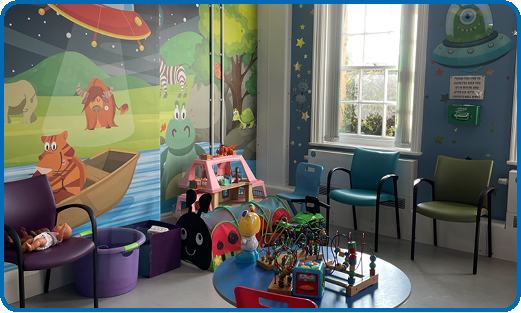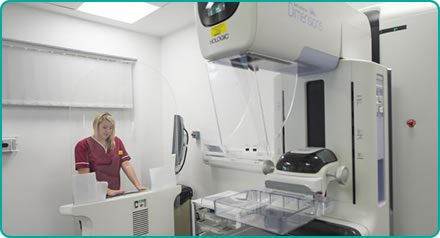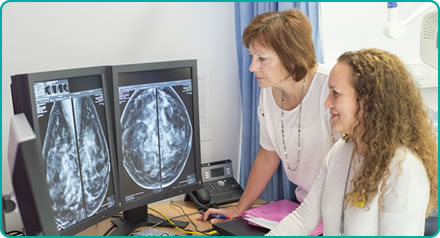Prolonged jaundice and your baby
Prolonged jaundice and your baby
Information for parents and carers
What is jaundice?
Jaundice is when the skin and whites of the eye turn yellow. Jaundice is not always caused by liver disease.
Newborn babies have a higher than normal number of red blood cells. The body continuously makes red blood cells and breaks down old ones. As these blood cells break down, the body produces a waste product called bilirubin. When bilirubin levels in the body are raised it causes jaundice.
The liver removes bilirubin from the blood but the liver of a newborn baby can take a few days to work properly. Jaundice is more common in newborn babies, and even more common in premature babies. Jaundice that lasts more than 14 days in a full-term infant, and more than 21 days in a pre-term infant, is called ‘prolonged.’
Prolonged jaundice is more common in breast-fed babies than those having formula feeds. Up to 30% of breast-fed babies have jaundice at 3-4 weeks old. In most cases this is because of ‘physiological’ or ‘breast milk’ jaundice. Breast milk can jaundice can only be diagnosed by ruling other causes out.
Breastfeeding jaundice does not harm your baby, we advise you to continue breastfeeding.
Causes of prolonged jaundice
- A condition where the red blood cells break down more quickly than normal. This is usually discovered during pregnancy or soon after birth.
- A liver problem called biliary atresia - this is rare.
- Breastfeeding jaundice - this will go away with time, and you should continue to breastfeed.
What happens at the appointment?
The nurse will examine your baby and ask about you baby’s feeding behaviour and general wellbeing. Your baby will be weighed and have a blood test. The blood test is taken from a vein in the back of the hand or foot. Many babies cry during the test but they soon settle afterwards. The tests are done to see if there is liver disease. You will be asked about the colour of your baby’s stools (poo) and urine.
What tests will my baby receive?
After checking your child’s growth and an examination by a paediatric nurse, the following tests will be done:
- Bilirubin level – total, conjugated, unconjugated.
- Full blood count and blood film.
When will we get the results?
We aim to receive the results within 24 hours. We will phone you with the results and also tell your child’s GP. Occasionally we may ask you to return for further tests. This does not always mean that there is a serious problem. If you are recalled for further tests, please feel free to ask the nurse why the test is being repeated.
The most common cause of prolonged jaundice is breast milk jaundice which has no impact on your child’s wellbeing. The benefits of breast-feeding are very important, so please continue to breast feed your baby.
For further information speak to your community midwife, health visitor, GP or ask the nurse you will see in the paediatric outpatient department.
Further information about jaundice
Yellow Alert - Childrens Liver Disease Foundation
© North Bristol NHS Trust. This edition published December 2024. Review due December 2027. NBT003752
Contact Westgate House Children's Centre
Westgate House Children's Centre
Westgate House
Southmead Hospital
Bristol
BS10 5LT
Telephone: 0117 414 5807
Opening times
Westgate House clinics
Monday to Thursday 08:00 – 18:00
Sister
Katy Travis
Staff Nurse
Debra Sainsbury
Health Care Assistant
Katie Allen
Receptionist
Mia Fearnley
Support your local hospital charity

See the impact we make across our hospitals and how you can be a part of it.




